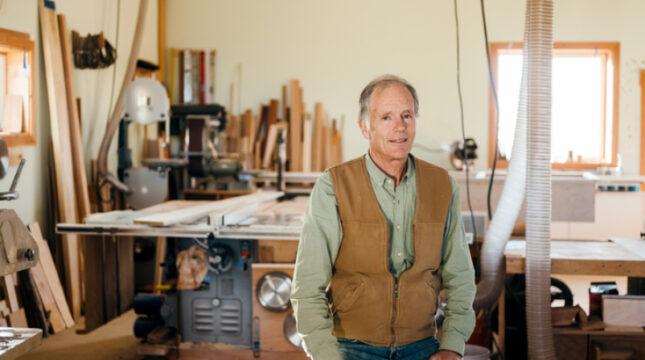What is an SBA commercial real estate loan?
Small Business Administration loans are federally-backed loan types for business financing that you can apply for from SBA-approved lenders. SBA commercial real estate loans allow you to purchase real estate, construct buildings and renovate existing properties to benefit your small business.
Many loans can be used for a variety of small business expenses, but some loan programs are specifically for commercial real estate only.
Small business owners have a lot of lender options, but SBA loans tend to have better loan terms and competitive interest rates. Know that you will need strong credentials to qualify. And real estate SBA loans tend to have additional criteria because of their size.
What are the types of SBA real estate loans for business owners?
There are two types of SBA loans for real estate that business owners can apply for:
- SBA 504 loan
- SBA 7(a) loan
Business owners are not allowed to use microloans for real estate.
But, if you’re starting a small business, you can also access small business grants while trying to find funding for your commercial property.
What’s the difference between an SBA 504 and 7(a) loan?
Here’s how these loan differences break down:
SBA 504 loans
The SBA 504 loan program can only provide financing for large equipment and real estate — as opposed to SBA 7(a) loans, which can be used for other business needs.
Up to $15 million in loans can be provided to help incubate projects with a big community impact.
A 504 loan can help stimulate the local economy and contribute to jobs and other economic development activities. The SBA approves certified development companies (CDCs) as community-based partners that function like nonprofits to promote community economic development.
If you can access a 504 loan for your small business, the terms are favorable for such a large loan. Some terms examples include:
- 10-25 year repayment terms.
- 10% down payment.
- Lower interest rates.
- Fixed-rate APRs.
SBA 7(a) loans
SBA 7(a) loans can cover real estate, working capital, business debt, furniture and supplies for a small business.
Small business owners often like the flexibility and ease of the SBA 7(a) loan. You apply for the loan from an SBA-approved lender. And unlike the 504 loan, you don’t have to deal with job creation and policy goals.
SBA 7(a) loans are usually smaller than 504 loans; their maximum loan amount is around $5 million. For most small businesses, this is enough capital to get started with commercial property.
These terms are common with a SBA 7(a) loan for real estate:
- Up to 25 years for repayment.
- 10-30% down payment required.
- Fixed or variable interest rates.
How to qualify for an SBA real estate loan
You can qualify for a small business loan to access capital for commercial real estate. Eligibility requirements for SBA 504 and SBA 7(a) loans are mostly the same.
SBA 504 loans have one unique qualification: The loan must be used for projects that create jobs or accomplish economic policy goals for the community. You will need to prove that on the application.
To apply for both SBA 504 and SBA 7(a) loan financing options, your business must:
- Be a for-profit business located in the U.S.
- Be considered a small business based on the SBA definition.
- Have good credit — you can use your personal credit score on loan applications.
- Be in business for two or more years with sound financial standing.
- Have 51% of existing owner-occupied buildings and 60% of owner-occupied new construction.
Finally, different SBA lenders have different rates, requirements and loan options. Shop around to find the loan that suits your business.





